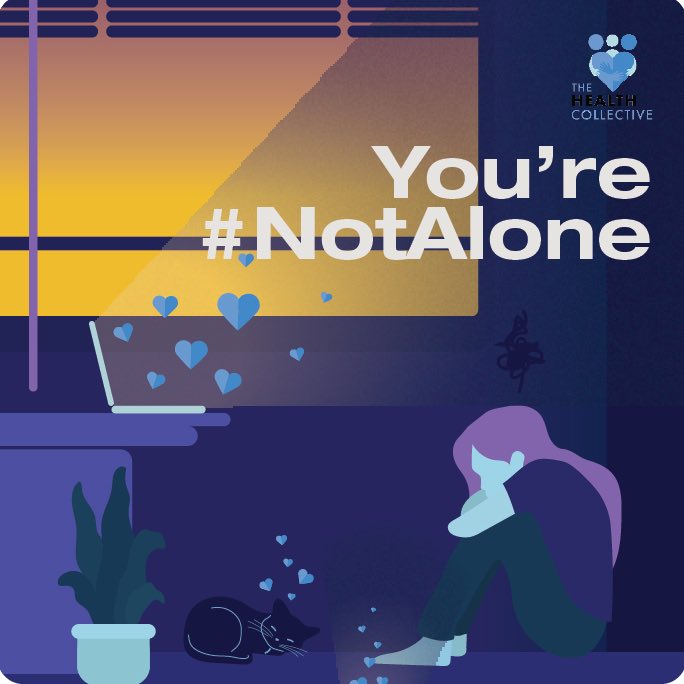What Comes to Mind When You Think Mental Health?
We must keep asking ourselves this question as we continue the journey of embracing and improving our mental health
By Anne Sureshkumar
Our mental health comprises the thoughts we have, the feelings they influence in us, and the consequent behaviours they lead to.
Do you wonder why we experience a whole gamut of emotions at different points in our lives? Trying to understand this quite often can be the first step to embracing our mental health.
Start by visualising your mental health as a line, a continuum, with two arrows on both the ends of the continuum, which signify that there is no end or fixed point. This means that your mental health is on a spectrum and it keeps moving along this line, as you go through life.
Depending on the stressors, both personal (like a divorce) and environmental (like the pandemic), our mental health will move along this continuum.

There are factors that determine our mental health. They fall largely into four categories, and are the 4 Ps of mental health:
Predisposing factors: These are risky conditions, and are factors that make us vulnerable, like flying a plane with a heavier load to begin with. They include biological factors; family history of mental illness; social factors (oppression, discrimination and inequity); cultural factors (health beliefs); intra-personal factors (self-concept, personal beliefs); determinants of health (poverty, unemployment, under-housing); interpersonal factors (social exclusion and isolation, social anxiety).
Precipitating factors: These are triggers, like when we experience something stressful, like plane turbulence. They contribute to the immediate mental health problem or crisis. They include acute stress or worry related to work or family demands (a toxic work environment, a new baby, a change in living circumstances); significant loss (divorce, death of someone significant, job loss, physical trauma).
Perpetuating factors: They are repeating pressures and they keep the mental health problem going. They are the longer ongoing stressful life situations or events that happen over and over again. Although we may want to “pull up” the plane, there may be factors like wind currents that continue to keep us down. Experiences of systemic oppression or discrimination, barriers to success, services or support poor physical health and rest/sleep; isolation; chronic negative emotions or pessimism.
Protective factors: As the name suggests these are factors that contribute to good mental health or act as protection. They are those shields or defences that help to balance the risks of mental illness. Healthy attachment and positive early life relationships, experiences of success, supportive family and social networks, satisfying occupations and hobbies, good physical health and other supports. Protective factors are where we see hope, and the fact that things can still work to our advantage even if the other 3 Ps are not in our favour.
This is also where counselling comes in. The process of counselling can serve as a huge protective factor in supporting you through the process of balancing the first 3 Ps of your mental health and help you embrace positive mental health.
About the Author: Anne Sureshkumar holds masters degrees in social work and philosophy: guidance and counselling, and is a registered social worker. Raised in Zambia and Nigeria, she has lived largely in the south of India, before moving to Canada. Anne grew up questioning the alarming socio-economic inequalities and gender biases within present-day societies, which determined her career choice in social work. In Canada, she focuses on immigrant populations and counselling. Her areas of interest include anti-racism work, mental health, domestic violence, intersectionality, identity development for ethnic and sexual minorities, research, public speaking, and writing. Anne co-chaired the Diversity working group at the Calgary Counselling Centre. She currently is the Trauma therapist who supports the Anti racism work of the Calgary police and is in private practice. Anne was also nominated for the Alberta Inspirational Awards in 2018.
Photo by Dustin Belt on Unsplash



